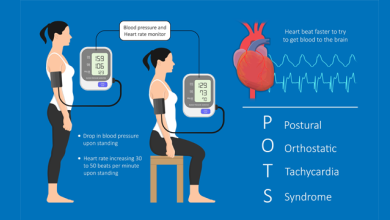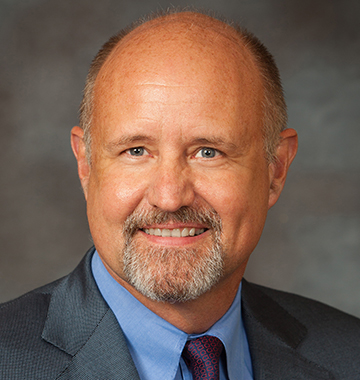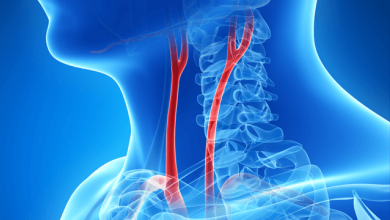Search results
Author(s):
Suketu H Nanavati
,
Robert J Bulgarelli
,
Jose Vazquez-Tanus
,
et al
Added:
3 years ago
Heart rate variability (HRV) is considered to be a means of assessing autonomic function. However, HRV alone provides mixed measures of autonomic function1–11 and, as a result, cannot provide much insight into the autonomic involvement in arrhythmia.1,6,10 When HRV analysis is employed in conjunction with respiratory activity (RA) analysis, it has been shown to independently, simultaneously, and…
View more
Author(s):
Jagmeet P Singh
Added:
3 years ago
Cardiac resynchronization therapy (CRT) has achieved widespread approval as a safe and efficient therapeutic strategy for medically refractory congestive heart failure (CHF). The standard indications for CRT include patients with advanced heart failure and evidence of systolic dysfunction (ejection fraction [EF] ≤35%), conduction tissue disease (QRS duration ≥120ms), and marked cardiac symptoms …
View more
Author(s):
Derek V Exner
Added:
3 years ago
Why Do We Need Risk Stratification Tools?
Sudden death accounts for between 300,000 and 500,000 deaths each year in North America.1 Patients with a history of myocardial infarction (MI) have a four-fold higher risk of sudden death than those without such a history. Most sudden deaths in ambulatory populations result from life-threatening ventricular arrhythmias that lead to a cardiac arrest.2…
View more
Brian Olshansky
Job title: Emeritus Professor of Medicine
Author
Transvenous Phrenic Nerve Stimulation - A Novel Therapy for Central Sleep Apnea in Heart Failure
Author(s):
Sitaramesh Emani
,
William T Abraham
Added:
3 years ago
Article
Author(s):
Rebecca S Steinberg
,
Weston Dicken
,
Alexis Cutchins
Added:
7 months ago
Philip Adamson
Research Area(s) / Expertise:
Job title: Medical Director
Author
Author(s):
Deepak L Bhatt
,
Anna Meta Dyrvig Kristensen
,
Manan Pareek
,
et al
Added:
3 years ago
Hypertension is an important contributor to global morbidity and mortality and is a major burden on healthcare systems.1,2 More than 20% of the world’s population has high blood pressure when defined by conventional criteria: systolic blood pressure ≥140 mmHg or diastolic blood pressure ≥90 mmHg.3,4 Even with therapeutic lifestyle and pharmacological measures, blood pressure remains poorly…
View more
Author(s):
JM Prutkin
,
MA Chen
,
RW Rho
,
et al
Added:
3 years ago
Numerous clinical trials involving patients with severe, symptomatic heart failure and a wide QRS complex have shown benefits from cardiac resynchronization therapy (CRT). CRT can increase left ventricular ejection fraction (LVEF), decrease LV volume and mitral regurgitation, improve symptoms caused by heart failure,1-3 and may also improve mortality.4,5 Current American College of Cardiology/…
View more
Author(s):
JM Prutkin
,
MA Chen
,
RW Rho
,
et al
Added:
3 years ago
Numerous clinical trials involving patients with severe, symptomatic heart failure and a wide QRS complex have shown benefits from cardiac resynchronization therapy (CRT). CRT can increase left ventricular ejection fraction (LVEF), decrease LV volume and mitral regurgitation, improve symptoms caused by heart failure,1-3 and may also improve mortality.4,5 Current American College of Cardiology/…
View more













